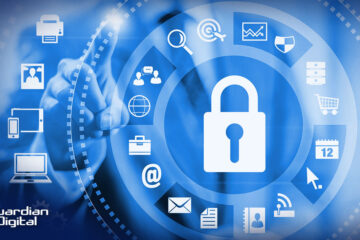Protecting email content under GDPR is crucial in today’s digital age where sensitive information is constantly exchanged. The General Data Protection Regulation (GDPR) sets the standard for safeguarding personal data, including email content. Let’s delve into the significance of protecting email content under GDPR, basic email privacy laws and compliance regulations, recommendations for data encryption, and the risks associated with violating GDPR rules.
**The Importance of Protecting Email Content under GDPR**
Personal data protection is a fundamental right under GDPR, encompassing any information that can identify an individual. Email content often contains personal details like names, addresses, and even sensitive data such as financial or medical records. Safeguarding this information is essential to uphold individuals’ privacy and security.
**Basic Email Privacy Laws and Compliance Regulations under GDPR**
GDPR imposes specific obligations on organizations processing personal data, applicable to businesses within the EU and those handling EU citizens’ data. When it comes to email communication, organizations must adhere to lawful basis, obtain consent, practice data minimization, and implement robust security measures like encryption to protect email content from unauthorized access.
**Recommendations for Data Encryption under GDPR**
Encryption is a critical tool in securing email content under GDPR, converting data into an unreadable format that requires a decryption key for access. End-to-end encryption, secure email gateways, and providers offer enhanced protection by encrypting emails in transit and at rest, ensuring data remains confidential even if intercepted.
**Risks of Breaking GDPR Rules**
Non-compliance with GDPR can lead to severe consequences for organizations, including hefty fines, reputational damage, loss of customer trust, and legal actions. Understanding and adhering to GDPR requirements is essential for all organizations handling EU citizens’ data, regardless of their location.
In conclusion, prioritizing email security and compliance with GDPR regulations is paramount to safeguard personal data and uphold privacy laws. By implementing encryption measures, organizations can mitigate risks and protect email content effectively. Stay informed, stay compliant, and ensure the confidentiality of personal data in email communications.


